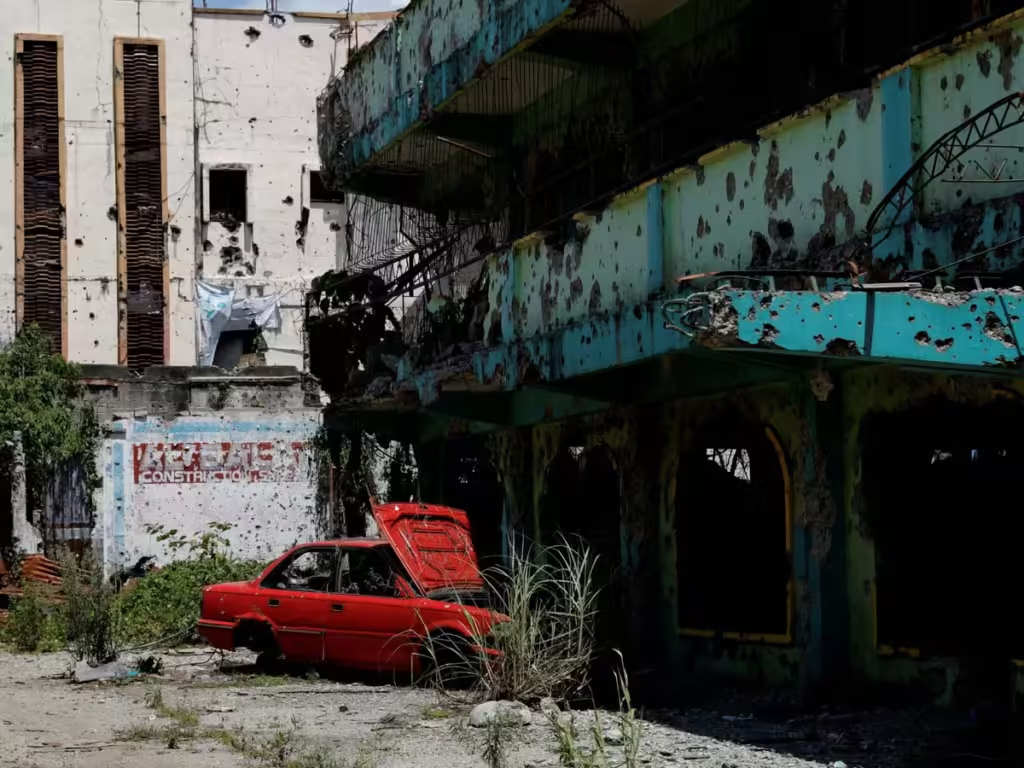While the Marcos Jr. administration sees the poverty level to sink to 9% in 2028, it basks on the fact that Big Business is raking it in, with San Miguel Corp. (SMC) leading the pack with nearly P800 billion in revenues for the first half of 2024, with energy, food, liquor and infrastructure being its profit centers.
The SM Group also gained P40.2-billion in the first semester of this year, half of it from banks that it owns. Gokongwei’s JG Summit doubled its profit for the first six months of the year while Metro Pacific Investments of Manny Pangilinan increased its profit by 27%. Ayala Land also reported a 15% profit increase. The outlier seems to be Lucio Tan’s LT Group, which saw a 1.5% dip in profits for the same period.
SMC’s subsidiaries led by Petron Corp., San Miguel Global Power, San Miguel Infrastructure, San Miguel Foods and Ginebra San Miguel Inc., delivered and made the conglomerate a most profitable venture, decades after what used to be a food and beverage corporation diversified and engaged in energy generation, infrastructure development and mining. It saw a 22% jump in operating earnings to P85.1 billion while recurring income skyrocketed by 66% to P33.5 billion. Food and beverage sales grew 4% to P192.9 billion and operating income rose 16% to P26.6 billion. Ginebra San Miguel sales increased by 18% to P30 billion, driven by volume growth and effective marketing and San Miguel Foods’ sales edged up 3% to P87.8 billion. Earnings before interest, taxes, depreciation and amortization (EBITDA) soared 41% to P10 billion.
San Miguel Global Power’s revenues were up 17% to P98.9 billion, with operating income skyrocketing 56% to nearly P23 billion. Petron’s revenues grew 21% to P444.5 billion owing to a 20% increase in sales. Operating income increased by 8 percent to P17.3 billion, with net income at P6 billion. San Miguel Infrastructure’s revenue growth was 9% to P18.1 billion. EBITDA also grew 9 percent to P14.7 billion, maintaining a strong 81 percent margin. Only the cement business retreated, with a 6% revenue decline to P19 billion owing to lower selling prices but operating income still grew by 31% to nearly P4 billion.
On the other hand, the SM Investments Group (SMIC) banked on its banking operations to gain 10% increase in net income for the first semester at P40.2 billion. Revenues rose 5% to P301.4 billion, with second-quarter revenues growing by 6% to P157.7 billion. In short, SMIC was profiting mostly from interest on corporate loans, government bonds and other financial instruments. SM Retail’s net income actually skidded to P7.6 billion from P8.4 billion last year, or more than 14%, but revenues only grew 4% to P196.9 billion, indicating that consumption wasn’t growing fast despite SM Retail’s adding 355 stores to bring its total to 4,208 stores.
SM Prime Holdings’ net income grew 13% to P22.1 billion, with revenues up 8% to P64.7 billion. Mall rental revenues rose 9% to P32.1 billion, showing that SM Group actually earns more from concessionaires than its original supermarkets. BDO Unibank posted a 12% increase in net earnings to P39.4 billion due to aggressive lending and deposit growth. Net interest income climbed 11% to P99.6 billion. For China Banking Corp., net income rose 6% to P11.4 billion, and net interest income up 19% to P30.4 billion. Deposits increased 14% to P1.3 trillion. Atlas Consolidated Mining and Development Corp. saw its net income rise to P2.07 billion and revenues grow 23% to P12.5 billion on account of higher copper prices.
The performance of these two conglomerates is illustrative of how Big Business has profited from the Marcos Jr. administration, with billionaire Enrique Razon and the Aboitiz group profiting immensely from their deals with the government and, in the case of Razon, his takeover of the Malampaya gas from Duterte crony Dennis Uy, his nearly complete acquisition of Manila Water from the Ayalas, the expansion of his casino business (which is now in Quezon City, which once denounced gambling and barred the construction of motels) and his presumed closeness to Malacanang. The head of the Maharlika Investment Corp., Joel Consing, was once a Razon finance man. As regards the Aboitizes, which thrived on the rope business during the Spanish colonial period, Sabin Aboitiz, who gushes over the pro-business policies of the administration and credits First Lady Lisa Marcos for giving an ear to the concerns of the business sector, heads the Private Sector Advisory Council (PSAC) that regularly meets with Marcos Jr.
The Aboitizes, long the kingpins of power generation in Mindanao, are also into hydroelectric dam projects in Luzon and are gearing up to bid for the Caliraya-Botocan-Kalayaan (CBK) power plant that relies on a dam built in 1942, with its equipment refurbished and recommissioned in 2002. Big Business practically controls the country’s water resources and it is also eating up land, as what the Villar political dynasty is doing and will continue to do so as lawmakers mangle the so-called land use proposal to permit the sale of farms by agrarian reform beneficiaries and the conversion of arable land for commercial, industrial and residential purposes. The plutocrats in the Philippines are embedded in the world’s wealthiest 1% who enriched themselves by $142-trillion in one decade, as Oxfam reported. How would they reduce the poverty level when the penny-wise and pound-foolish continue to enrich Big Business and tell the abject poor that they are not poor if they spend more than P21 for each meal?




